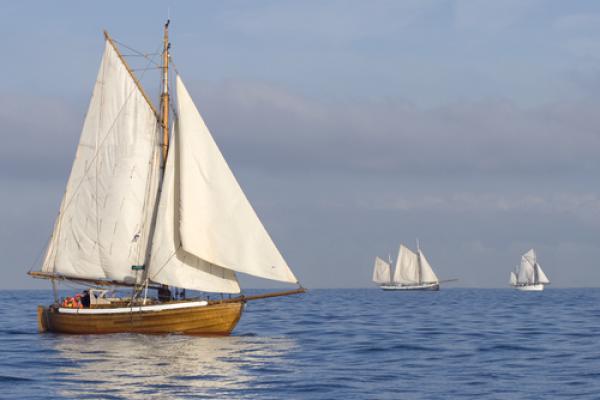Dec 21, 2012
One carol I’ve been humming this Advent is “I Saw Three Ships Come Sailing In.” It’s not one I grew up singing, but I love it. The most popular contemporary lyrics talk about “three ships come sailing in” to Bethlehem on Christmas morning. Bruce Cockburn says the weird lyrics are the result of English folk in the 18th century hallucinating from eating too much ergot in their moldy English bread. Certainly there were no ships sailing into landlocked Bethlehem.
Read the Full Article

Already a subscriber? Login
